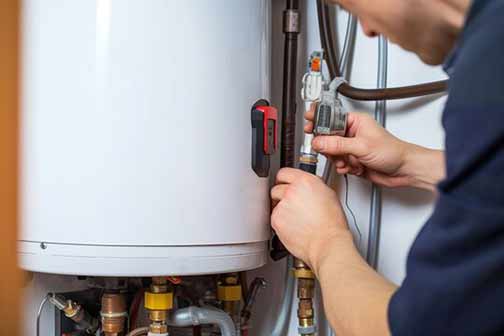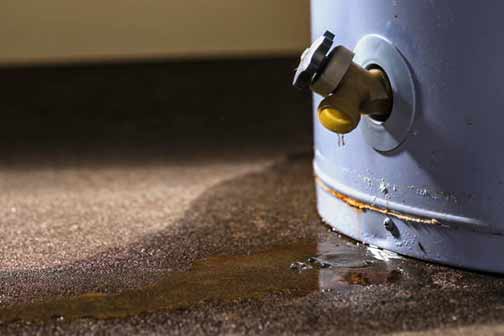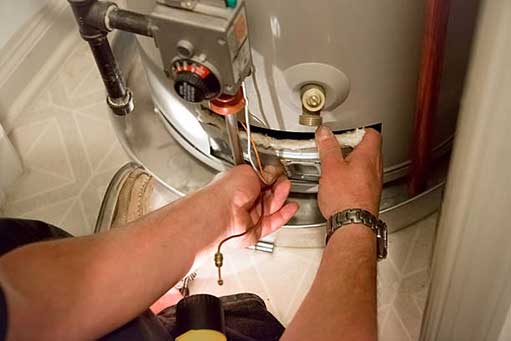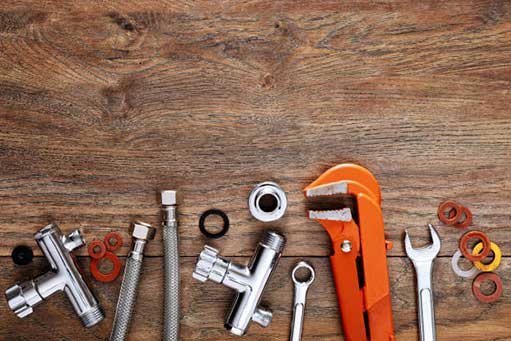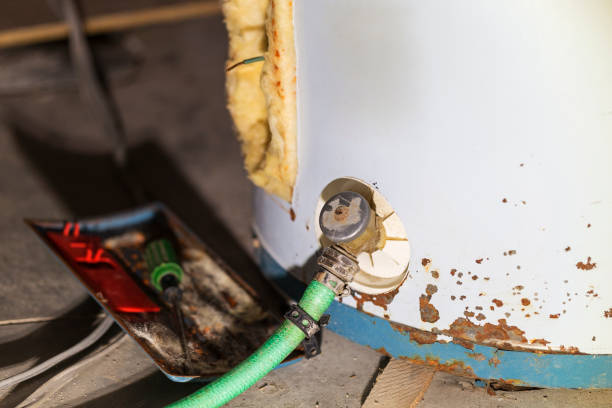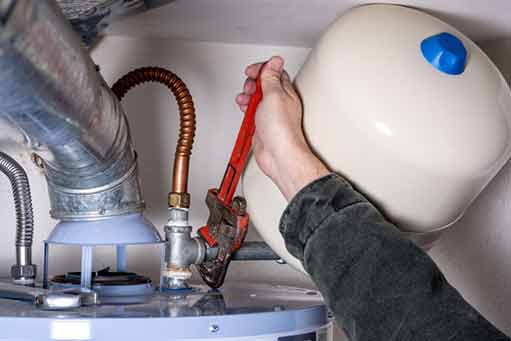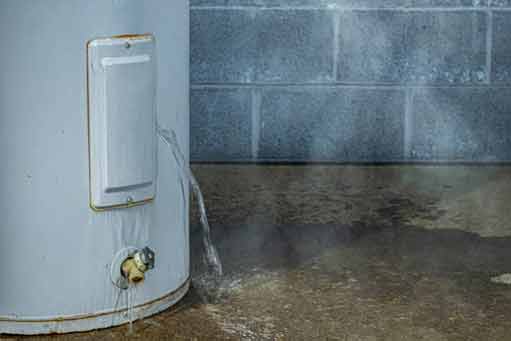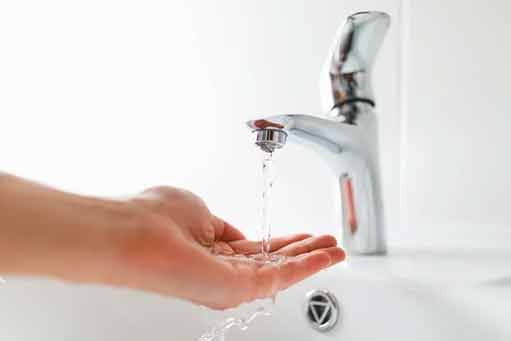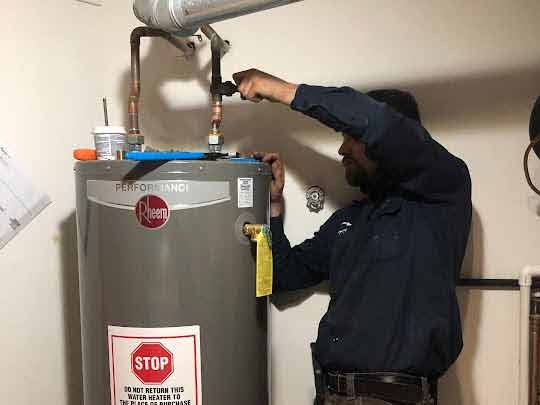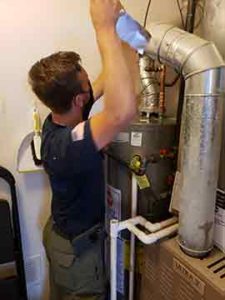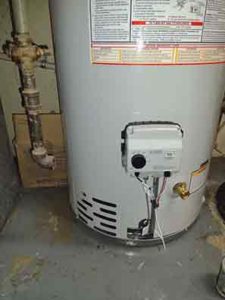
Water heaters are essential appliances in any household, providing hot water for various needs such as bathing, cooking, and cleaning. Understanding the basic components and functioning of your water heater can help you identify and resolve common issues more effectively. Most water heaters consist of a tank, a heating element or burner, a thermostat, and various safety devices. The tank stores and heats the water, while the thermostat regulates the temperature. Safety devices, such as pressure relief valves, prevent the system from overheating or building up excessive pressure.
Common Water Heater Problems and Their Causes
Water heaters can encounter several problems over time, ranging from minor issues like temperature fluctuations to more severe problems like leaks or complete system failures. Identifying these issues early can save you from costly repairs or replacements. Common problems include:
- Temperature Fluctuations: Inconsistent water temperatures can be caused by a faulty thermostat, sediment buildup, or issues with the heating element or burner.
- Leaks: Leaks can occur due to corrosion, loose connections, or a damaged tank. It’s essential to address leaks promptly to prevent water damage and mold growth.
- No Hot Water: A lack of hot water can result from a malfunctioning heating element, a tripped circuit breaker, or an issue with the thermostat.
- Strange Noises: Unusual noises, such as popping or rumbling, can indicate sediment buildup in the tank or issues with the heating element.
- Discolored Water: Rusty or discolored water can be a sign of corrosion inside the tank or issues with the anode rod.
- Low Water Pressure: Low water pressure can result from sediment buildup in the pipes or issues with the water supply.
Diagnosing Water Heater Issues: Step-by-Step Guide
Proper diagnosis is crucial for effective water heater repair. This involves checking for common symptoms, such as unusual noises, discolored water, or inconsistent water temperatures, and determining the underlying causes. Start by inspecting the thermostat settings and ensuring they are correctly adjusted. Next, check for any visible signs of leaks or corrosion around the tank and connections. Listen for any unusual noises coming from the tank, which can indicate sediment buildup.
If you notice discolored water, it may be due to corrosion or issues with the anode rod. Additionally, check the water pressure to ensure there are no blockages or issues with the water supply. By systematically inspecting these components, you can accurately diagnose the problem and determine the necessary repairs.
Preventive Measures for Water Heater Maintenance: Simple Steps for Longevity
Regular maintenance can significantly extend the lifespan of your water heater and prevent common problems. Simple tasks like flushing the tank, inspecting the anode rod, and setting the thermostat to the correct temperature can make a big difference. Here are some preventive measures to consider:
- Flushing the Tank: Sediment buildup can reduce the efficiency of your water heater and cause damage over time. Flushing the tank at least once a year can help remove sediment and improve performance.
- Inspecting the Anode Rod: The anode rod helps prevent corrosion inside the tank. Inspect the rod every few years and replace it if it is heavily corroded or worn.
- Setting the Thermostat: Keeping the thermostat set to 120 degrees Fahrenheit can help prevent overheating and reduce energy consumption.
- Checking for Leaks: Regularly inspect the tank and connections for any signs of leaks or corrosion. Address any issues promptly to prevent water damage.
- Testing the Pressure Relief Valve: The pressure relief valve is a critical safety device that prevents excessive pressure buildup. Test the valve periodically to ensure it is functioning correctly.

Knowing when to call a professional plumber can prevent further damage and ensure the safety of your household.
Practical Repair Methods: DIY Solutions for Common Issues
Once you have diagnosed the issue, you can proceed with the appropriate repair methods. This may involve replacing faulty components, tightening connections, or cleaning parts of the system. Always follow safety guidelines and manufacturer instructions when performing repairs. Here are some common repair methods:
- Replacing the Heating Element: If the heating element is faulty, turn off the power supply, drain the tank, and replace the element with a new one.
- Tightening Connections: Loose connections can cause leaks and reduce efficiency. Check all connections and tighten them as needed.
- Cleaning the Burner: For gas water heaters, a dirty burner can reduce efficiency and cause issues. Clean the burner and ensure it is functioning correctly.
- Replacing the Anode Rod: If the anode rod is heavily corroded, replace it to prevent further corrosion inside the tank.
- Flushing the Tank: As mentioned earlier, flushing the tank can remove sediment buildup and improve performance.
- Adjusting the Thermostat: If the thermostat is not set correctly, adjust it to the recommended temperature.
When to Call a Professional: Recognizing the Limits of DIY Repairs
While many water heater issues can be resolved with DIY methods, some problems require professional intervention. Knowing when to call a professional can prevent further damage and ensure the safety of your household. Consider calling a professional if you encounter any of the following situations:
- Severe Leaks: If you notice significant leaks or water damage around the tank, it’s best to call a professional plumber to repair or replace the water heater tank.
- Electrical Issues: If you suspect electrical problems, such as a faulty circuit breaker or wiring, contact a licensed electrician to address the issue safely.
- Gas Leaks: For gas water heaters, if you smell gas or suspect a gas leak, turn off the gas supply and call a plumber immediately.
- Complex Repairs: If the repair involves complex components or requires specialized tools, it’s best to leave it to a professional plumber.
- Warranty Concerns: If your water heater is still under warranty, attempting DIY repairs may void the warranty. Contact the manufacturer or a plumber for authorized repairs.
Conclusion: Ensuring a Reliable and Efficient Water Heater
By understanding your water heater, recognizing common problems, and taking preventive measures, you can confidently address many issues on your own. Regular maintenance and timely repairs can significantly extend the lifespan of your water heater and improve its efficiency. However, don’t hesitate to seek professional help when necessary to keep your water heater in optimal condition. With the right knowledge and approach, you can ensure a reliable and consistent supply of hot water for your household needs.


